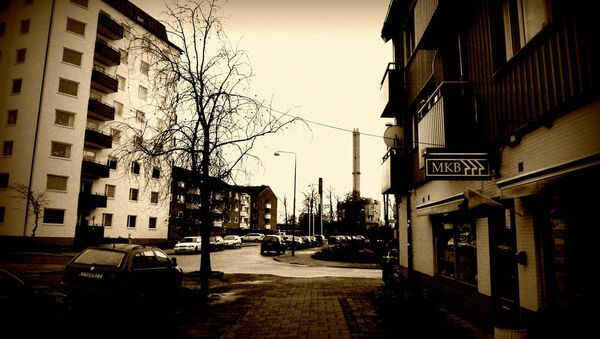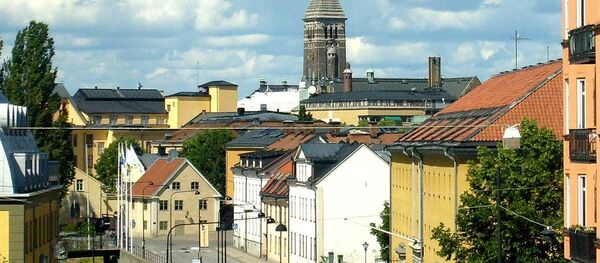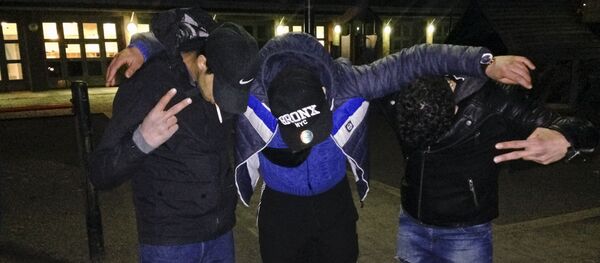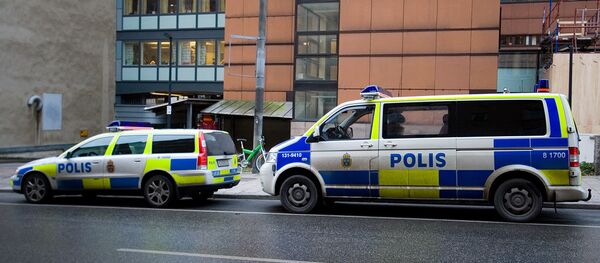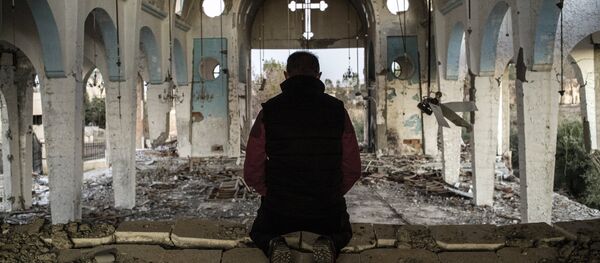However, the city's district of Seved has recurrently made headlines and has become synonymous with gangland crime and violence. In 2014, the postal company PostNord stopped delivering large packages to five streets in Seved, because of threats and violence, newspaper Skånska Dagbladet reported. In 2015, the municipality failed to conduct property renovations in full as planned, as security companies received death threats from gangs running drugs in the area, according to Skånska Dagbladet.
"As long as you let them call the shots, they let you be. Otherwise, they become violent, no matter what background you're from. However, they are much tougher on the original Swedes. They do not want any Swedes in the area. They want a ghetto, where they are kings. I do not believe that the authorities even dare to talk about it," Malmberg told the tabloid newspaper Expressen.
"What I noticed first, was that they never attack people from the Middle East. On the contrary, they were meanest against ethnic Swedes," an ethnic Serbian who has since moved away from Malmö told Expressen.
Today, there are several areas in Sweden that resemble Seved. All of them are socially vulnerable districts where gang crime and drug use flourish, and where locals harbor contempt for society, public utilities and the authorities, be it police, paramedics or firefighters, as long as they are Swedish.
Unsurprisingly, 23-year-old jihadist Osama Krayem, who was arrested on suspicion of being an accomplice to terrorist acts in Paris and Brussels, belonged to one of the Seved gangs. Earlier, he had strong links with armed thugs who harassed the neighborhood by smashing windows until the residents were forced to acquire bullet-proof glass, police spokesperson Sigrun Hilmarsdottir Sigurdsson confirmed.
”Vi vill inte ha svennar här” https://t.co/bISSknovSh Öppet förakt mot svenskar i det nya spännande Sverige. #migpol #malmö
— Vargugglan (@vargugglan) 14 мая 2016 г.

